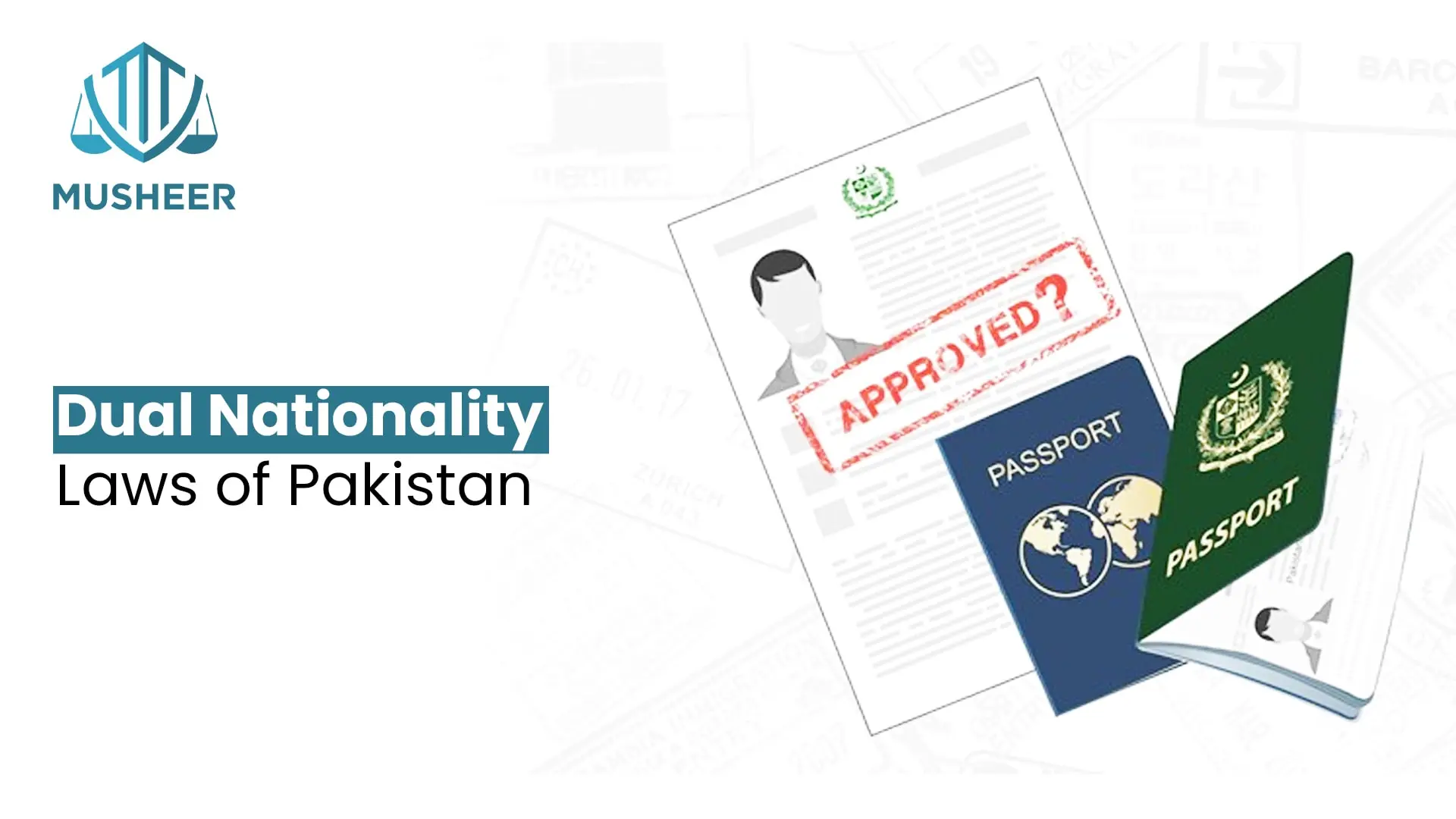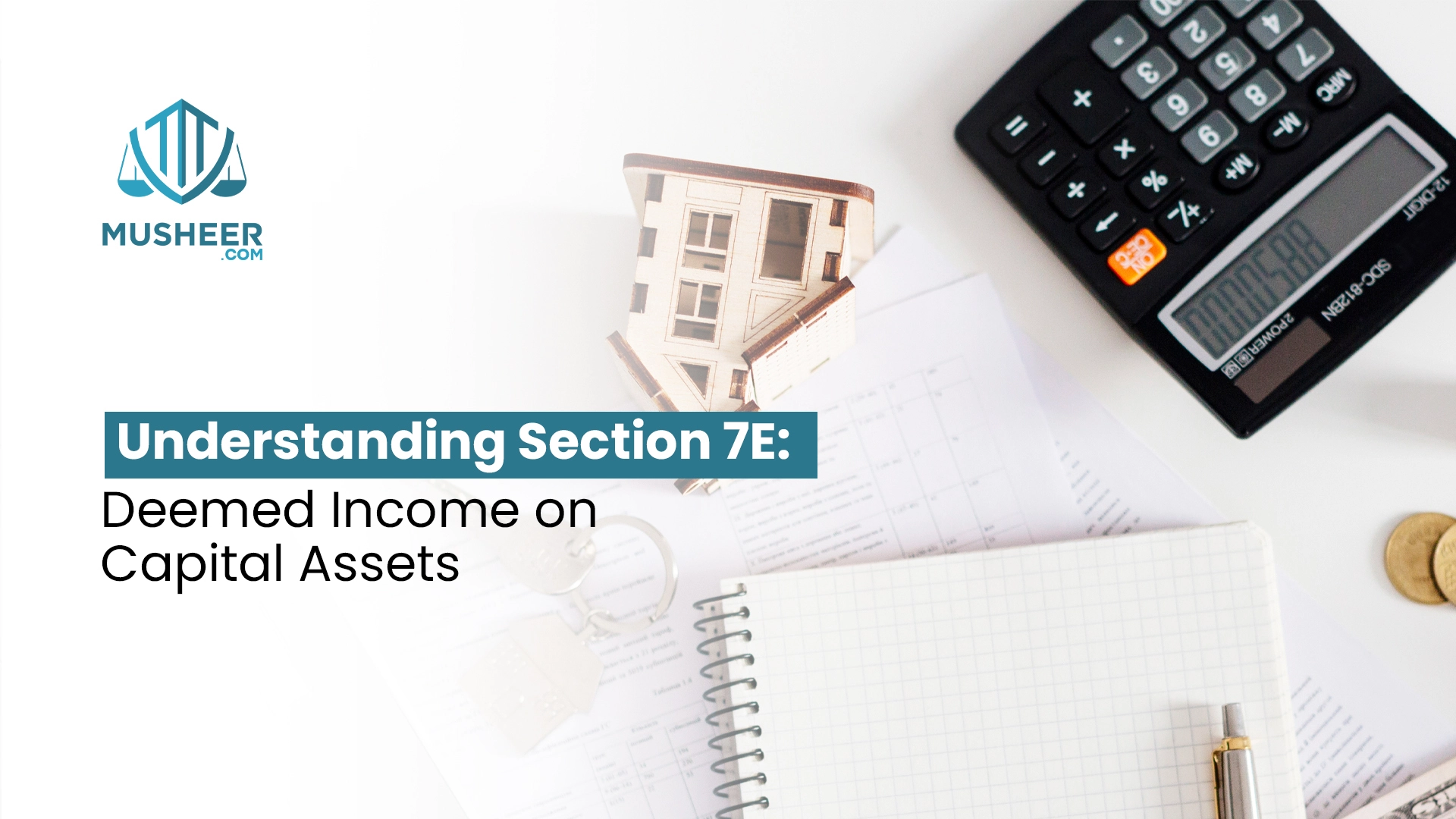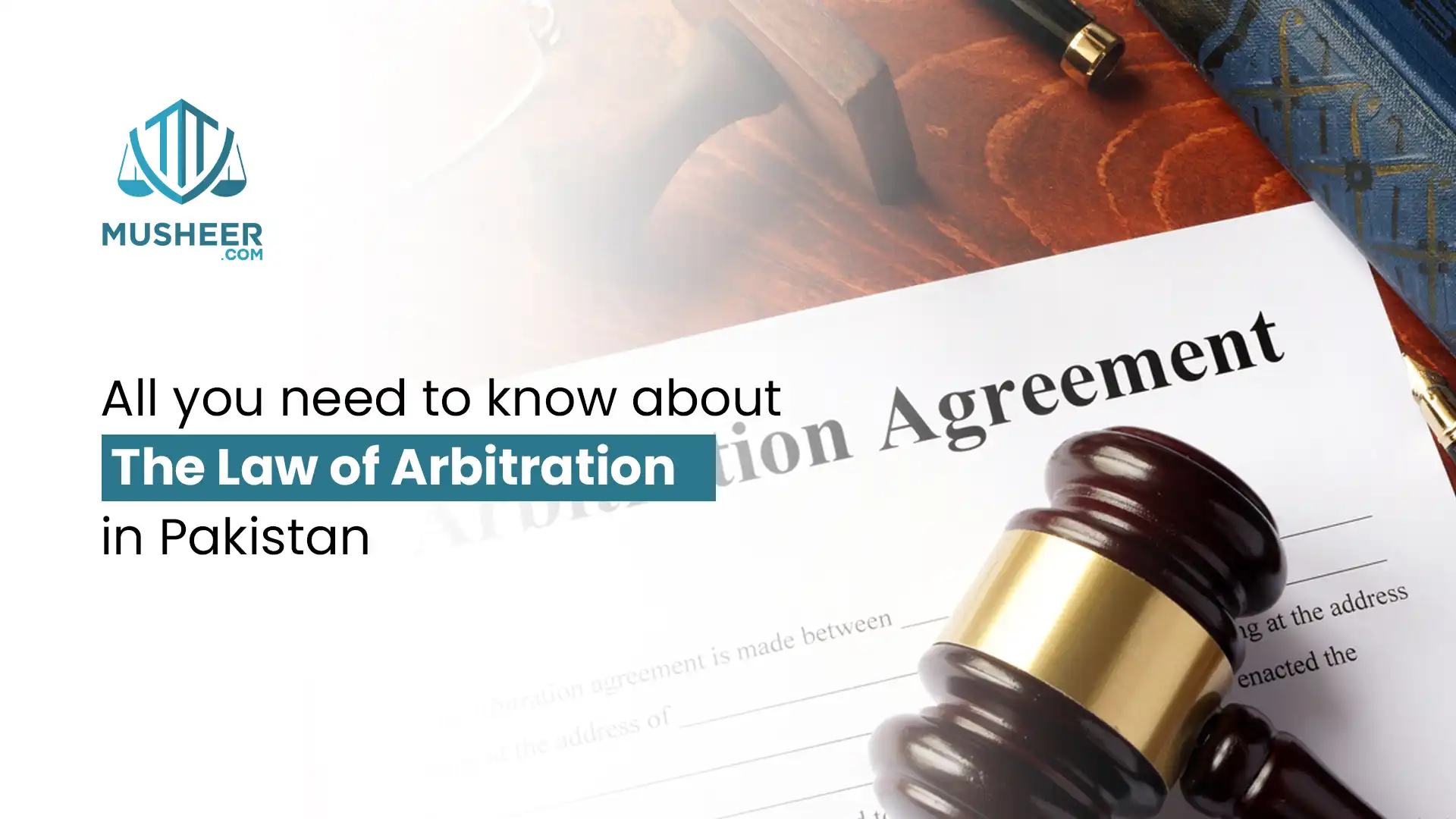Who is a Citizen of Pakistan?
Article 260 of the Constitution defines a “citizen” as a “citizen of Pakistan” prescribed by law. A person shall be considered a citizen of Pakistan if:
- They were born on Pakistani soil (Section 4 of the Pakistan Citizenship Act)
- They were taken from Pakistani parents (Section 5 of the Pakistan Citizenship Act)
- They permanently migrated to Pakistan from any other part of Indo-Pakistan between 13th April 1951 and 31st December 1951 (Section 6 of the Pakistan Citizenship Act)
- They have been granted a certificate of naturalization under the Naturalization Act of 1926
- She has married a Pakistani citizen (Section 10 of the Pakistan Citizenship Act)
Dual-Nationality of Pakistani Citizen
Section 14(1) of the Pakistan Citizenship Act, 1951 provides that a citizen of Pakistan who is also a citizen of any other country shall automatically lose his citizenship unless he renounces his citizenship of the other country. This position has also been reiterated by the judgments of the Superior Courts of Pakistan time and again.
In other words, as a general rule, a Pakistani national cannot retain dual citizenship unless he falls within any of the exceptions.
The exceptions to this general rule are provided in Section 14 of the Pakistan Citizenship Act, where the said rule shall not apply to a person who:
Has not attained the age of 21 years (Section 14(IA);
Is not a subject of an Acceding State so far as concerns his being a subject of that State (Section 14(2));
Being or having at any time been a citizen of Pakistan is also a citizen of the United Kingdom (UK) and Colonies, or of such other country as the Federal Government may, by notification in the Official Gazette, specify in this behalf (Section 14(3)); and
Is a female citizen of Pakistan who is married to a person who is not a citizen of Pakistan (Section 14(4))
The Government of Pakistan has specified twenty (20) other countries in addition to the United Kingdom in terms of Section 14(3) such that on the acquisition of citizenship of these countries, a Pakistani citizen does not automatically lose his Pakistani nationality as per Section 14(1) of the Pakistan Citizenship Act.
The list of countries in addition to the United Kingdom is as under:
- France
- Italy
- Belgium
- Iceland
- Australia
- New Zealand
- Canada
- Finland
- Egypt
- Jordan
- Syria
- Switzerland
- Netherlands
- United States of America
- Sweden
- Ireland
- Bahrain
- Denmark
- Germany
- Norway
Accordingly, a Pakistani citizen who acquires the citizenship of a country other than these 21 countries falling under Section 14(3) mentioned above shall cease to be a Pakistani citizen unless he renounces his other nationality by making a declaration according to the law of that country. It is the discretion of the Federal Government that it may add to this list by a notification.
Therefore, Section 14 of the Pakistan Citizenship Act confers Pakistani citizens the right to hold citizenship of certain other countries without having to forego their Pakistani citizenship. Hence, Pakistani citizens' right to hold dual citizenship, as per law, is a statutory right vested in them. But this right to hold dual nationality is only available in respect of these countries as specified by the government.
Is the Right of Pakistani Citizenship restricted from Dual Nationals?
Dual Nationals are, for all intents and purposes, citizens of Pakistan according to Pakistan Citizenship Act. This legal position is also evident from the fact that dual nationals are issued National Identity Cards for Overseas Pakistanis (NICOP), which are identical to the regular National Identity Cards (NIC) given to those who hold only Pakistani Citizenship.
Can Dual Nationals enter into Civil Service?
There is no restriction or prohibition, constitutional or otherwise, on the appointment of a person with dual citizenship to any position in civil service or any autonomous or semi-autonomous statutory body or company.
Is there any restriction on Dual Nationals from joining Armed Forces?
For the armed forces, as a general rule, no person who is not a citizen of Pakistan is eligible for employment therein. However, a person with dual nationality is also restricted from joining the armed forces. This position is reflected in the advertisements and career brochures for recruiting such forces, which specifically mandate that any dual nationals wishing to join the armed forces are required to surrender their foreign nationality before enrolment for induction in the armed forces of Pakistan.
Can a Dual National be elected as a member of Parliament?
A person holding dual citizenship cannot be elected as a member of Parliament. A dual national wishing to be selected to become a Parliamentarian will have to renounce his foreign citizenship. Likewise, a member of Parliament on acquires dual nationality of any other state will be disqualified from remaining a member of Parliament.
Conclusion
Dual Nationals are Pakistani Citizens, but this right to retain dual nationality is only available in respect of the twenty-one (21) states as prescribed by the federal government. The government can add to the list at its discretion. But a Pakistani citizen holding dual nationality of any other condition not falling within this list would have to renounce his nationality of the other state to keep Pakistani citizenship.









